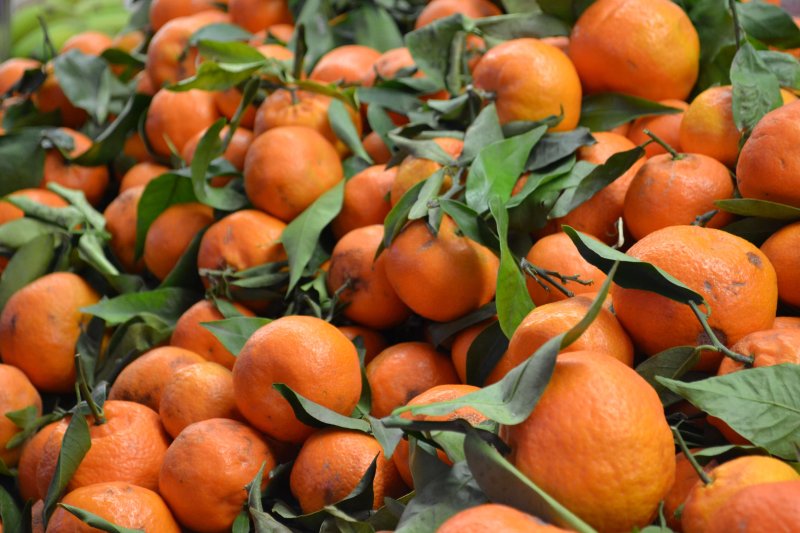[Editor’s note: Manjul Dutt is a research assistant scientist and Jude Grosser is a research professor, both at the University of Florida Institute of Food and Agricultural Sciences Citrus Research and Education Center.]
Huanglongbing (HLB) [also known as citrus greening disease] threatens the survival of the Florida citrus industry. Both conventional cultivars and genetically engineered cultivars that can grow in the presence of HLB have been developed at the University of Florida’s Citrus Research and Education Center (CREC) in Lake Alfred. Among the two citrus improvement techniques, engineering citrus remains the fastest method for the improvement of an existing commercial cultivar and has been a key component in CREC’s overall citrus improvement strategy.
…
Currently, a population of engineered sweet orange trees expressing the Arabidopsis NPR1 gene is being monitored for resistance to HLB. Several transgenic lines have been observed to provide durable resistance against HLB. Several lines have remained HLB-negative for over five years, although they have been planted at a site with >95 percent HLB infection.
…
In citrus, there is a potential to create an HLB-tolerant plant using [CRISPR/Cas9].
…
Current results give hope that research is well on its way to winning the fight against HLB.
The GLP aggregated and excerpted this article to reflect the diversity of news, opinion and analysis. Read full, original post: Progress on Engineering HLB-Tolerant/Resistant Citrus































